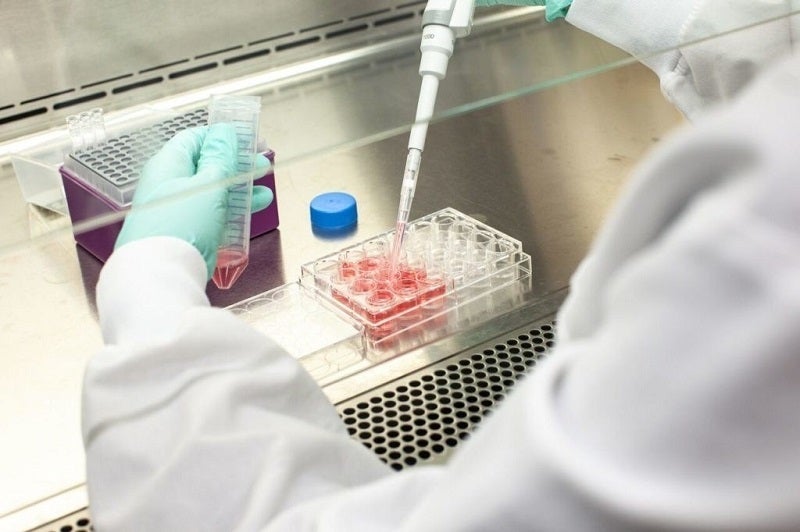
US-based clinical-stage biotechnology company Calidi Biotherapeutics has announced an ongoing scientific collaboration with the Cell Therapy Section at the Department of Transfusion Medicine of National Institutes of Health’s (NIH).
The scientific collaboration will study the impact of different stem cell carriers on therapeutic potential of oncolytic viruses in cancer treatment.

Discover B2B Marketing That Performs
Combine business intelligence and editorial excellence to reach engaged professionals across 36 leading media platforms.
Currently, Calidi is developing a new immunotherapy method that utilises oncolytic vaccinia virus delivered through cell-based therapeutic platforms.
The company’s initial clinical trial using autologous cells to deliver the vaccinia virus showed good results of safety and efficacy in patients suffering with cancer.
The company is also developing off-the-shelf, allogeneic cell-based delivery technology to protect and potentiate the virus using cultured mesenchymal stem cells.
Calidi Biotherapeutics president for medical and scientific affairs Boris Minev said: “It has been an honor to work with the Department of Transfusion Medicine at the National Institutes of Health over the last ten months. This joint research is laying the groundwork for our future clinical trials.

US Tariffs are shifting - will you react or anticipate?
Don’t let policy changes catch you off guard. Stay proactive with real-time data and expert analysis.
By GlobalData“We are driven by one mission; to create an affordable treatment that will eradicate cancer and save lives. As such, we are excited to participate with the NIH in the development of oncolytic virus-based therapies. The ability to protect oncolytic viruses from destruction by the human immune system is very significant when it comes to developing the next generation of oncolytic immunotherapies.”
The collaboration will study how the natural immunomodulatory capacity would differ with the progression of oncolytic virus infection in the carrier stem cells.
The collaborative research will mainly analyse and compare the therapeutic potential of oncolytic viruses delivered by various different MSCs.



